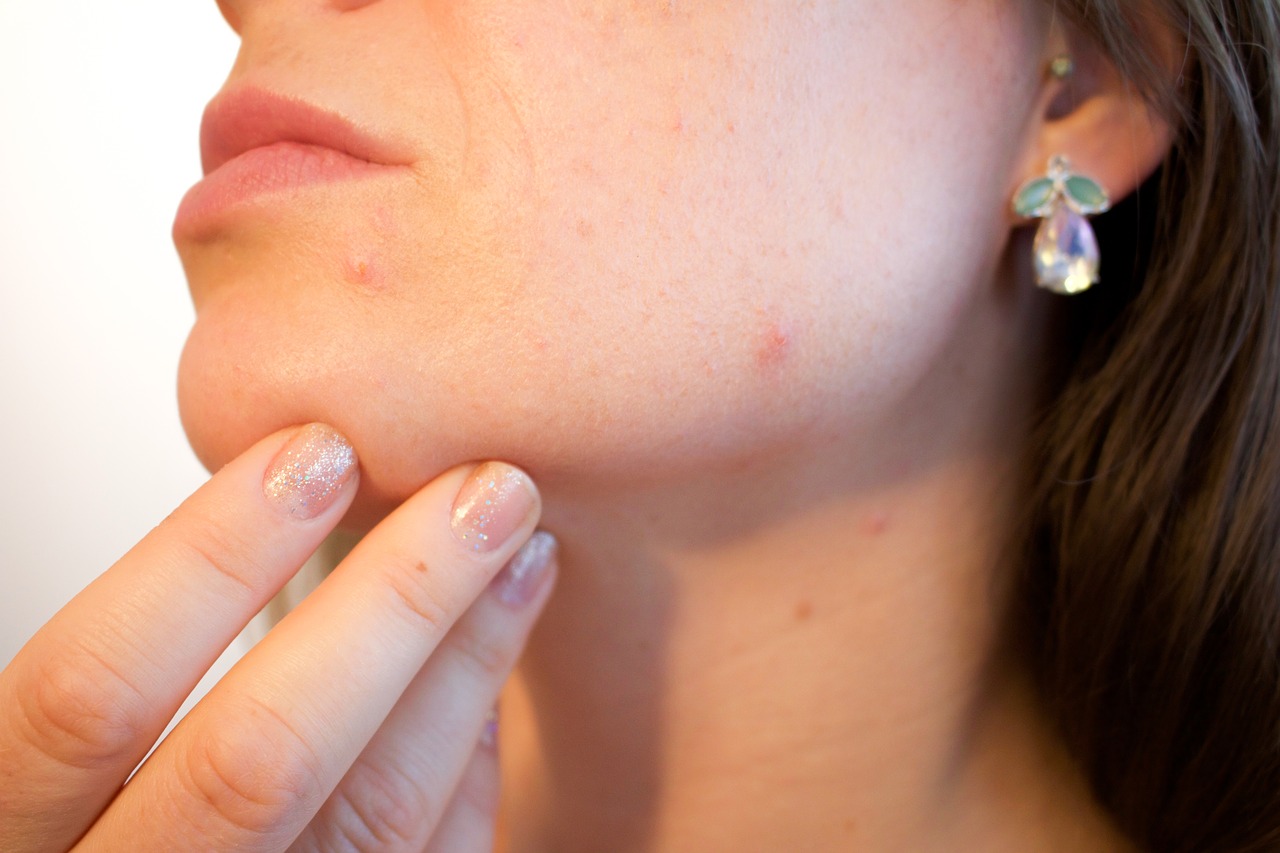
Understanding Adult Acne
When you look in the mirror in the morning and see acne, you’re shocked and annoyed. You thought you were done with acne after you survived your teenage years. Teenage acne is commonplace and considered a regular part of growing up. But what many people don’t realize is that adult acne is also relatively common. Most teenagers get acne because of changing hormone levels as they grow. For adults, there are a wide variety of causes.
1. Stress
Most adults deal with a large amount of stress, from family responsibilities to career expectations to financial struggles. These stressors are bound to take a toll on the body, and in some people, that toll comes in the form of acne. Stress causes the body to increase production of a hormone called androgens. Androgens stimulate oil glands and hair follicles, which leads to the development of acne. Some adults find that reducing stress in their lives prevents acne breakouts. But this isn’t always possible.
2. Disrupted Hormone Levels
Teens aren’t the only ones who have to deal with fluctuating hormones. Women deal with hormonal changes around their periods, during pregnancy, and at menopause. Starting or stopping birth control pills can also affect hormones and cause acne. A common hormonal disorder in women called polycystic ovary syndrome (PCOS) may also cause acne. Women with PCOS have a high level of acne-causing androgens. Acne is also a side effect of a group of hormone-related disorders known as congenital adrenal hyperplasia. People with these conditions produce too little or too many sex hormones. Seeking treatment for hormonal imbalances may decrease acne.
3. Certain Medications
Several common medications may cause a side effect of acne. These medications include:
- Lithium
- Prednisone
- Anti-seizure medication
- Corticosteroids
- Androgen medication
If changing your medication isn’t possible, you’ll need to find a different way to control your acne.
4. Skincare Products
The very products you use to prevent acne may actually cause it. Make sure the products you use on your skin and hair are free of oil. Look for products that do not clog pores (labeled noncomedogenic) and do not cause acne (labeled non-acnegenic). Once you find a cleanser that doesn’t harm your skin, wash your face once or twice a day. Acne creams can be helpful. But do not overuse products with benzoyl peroxide, which can dry out your skin.
5. Genetics
Some peoples’ acne occurs because of a genetic predisposition for acne.
6. Poor Diet
What you eat can lead to more acne breakouts. Foods that influence acne include:
- Sugary foods and drinks like candy and soda
- Processed foods like chips and crackers
- Starchy foods like pasta and bread
These foods increase blood sugar, causing your body to produce more insulin. Insulin increases skin oil production and can lead to acne breakouts. Avoiding these foods and eating more nutritionally dense foods may help keep acne at bay.
What to Do About Adult Acne
Acne doesn’t just affect your appearance and your self-esteem. It can also be a sign of an underlying medical condition. We talked about some of the steps you can take to prevent acne, such as lowering stress and reducing acne. However, these steps don’t always work. If you continue to be plagued by acne, see a dermatologist. A dermatologist can determine the cause of your acne, assess the severity of your acne, and develop a customized treatment plan. This plan may include medications or skin creams that keep your acne at bay. One of the most powerful acne treatments is Accutane. This medication can eliminate acne when over-thecounter products have no effect. If you struggle with acne, set an appointment with a dermatologist.
